The power of employee-led workstreams to drive gender parity | Best Practice by MSD Switzerland (Merck Sharp & Dohme)
At MSD we are committed to achieving gender parity at all levels. The company is driving its goal forward in a project group led by representatives of the entire workforce. Together, we set out on the journey, considering both hard facts (D&I metrics) and soft facts (diversity of perspectives). Join MSD on its very own unique path to gender parity.
This Best Practice was first published in the Gender Intelligence Report 2022.
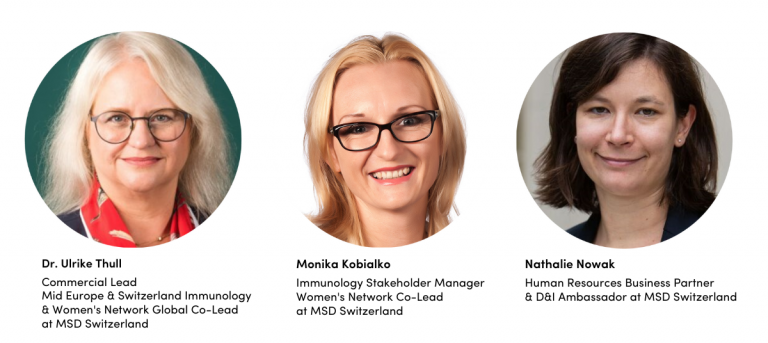
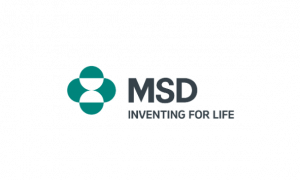
As MSD, we have been present in Switzerland since 1963. We are 1,000 employees at five locations in the cantons of Lucerne and, more recently, Zurich. We strongly believe that equality, diversity and inclusion are success factors within the company. We are therefore committed to an inclusive work environment that gives all employees the opportunity to develop their full potential.
Our values represent the very core of MSD’s character. They guide every decision and action we take. One of our values is ‘Respect for People.’ Our ability to excel depends on the integrity, knowledge, imagination, skill, diversity, safety, and teamwork of our employees. To this end, we work to create an environment of mutual respect, inclusion, and accountability. In line with our values, our goal is full gender parity at all levels at MSD Switzerland. Our priority: to move the needle on the first level of people management to drive the change and allow more women to progress to the top. Currently, only about one-third of our first level management positions are held by women. We know if we get the first level management positions at parity, the pipeline to fill the next management level is more robust. The argument ‘we can’t find women’ to fill management roles is redundant when the talent pool is gender equal.
On the road to gender parity, we want to involve every employee. That is why we recently invited our entire workforce to help shape our D&I vision. We established a gender equality workstream. The project team is made up of ten employees from all sites, hierarchical levels, functions, genders, age groups, working time models, and D&I communities (e.g., the co-leaders of the internal women’s network).
The workstream meets once a month with the following agenda on gender parity:
Employee experiences are crucial to strengthening our inclusive culture. We are firmly convinced that it is crucial to foster a culture of open dialog. An open dialog means deep listening to others who have diverse backgrounds, views, and perspectives. It means going beyond the boundaries of one’s own perspective to understand and empathize with another person’s thoughts and feelings. That is why we held four listening circles (full time female employees, full time male employees, gender mixed flexible working arrangements including part timers, leadership team members; see graphic) about topics such as career advancement, work-life balance and support in accessing development opportunities.
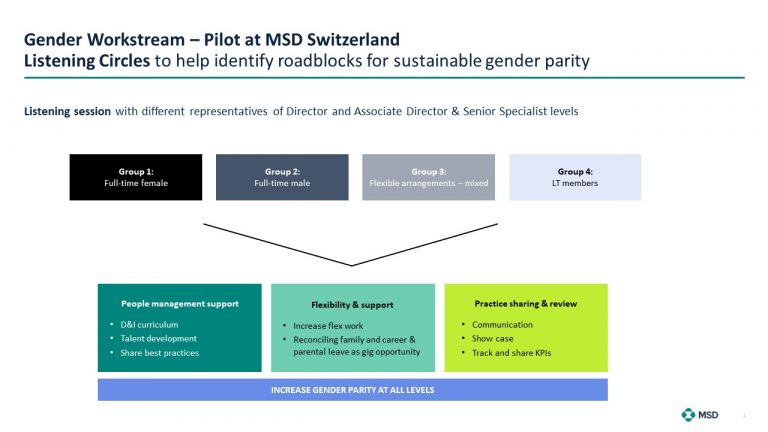
It was insightful to connect with our employees both females and males as we realized there were a lot of different perspectives on important questions:
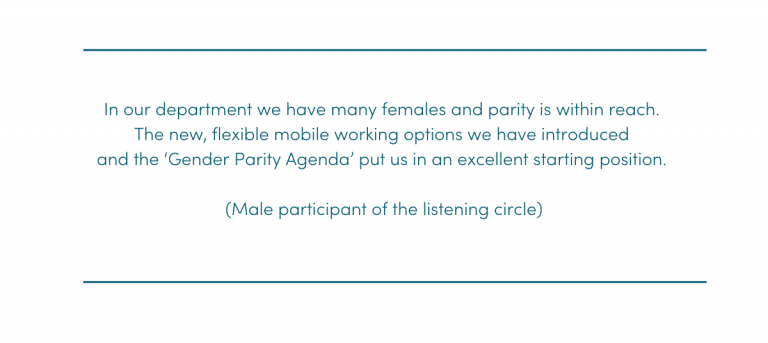
Based on the quantitative data (data analysis) and the qualitative data (results of the listening circles), the project group created the ‘Gender Parity Roadmap’ for MSD Switzerland (see graphic):
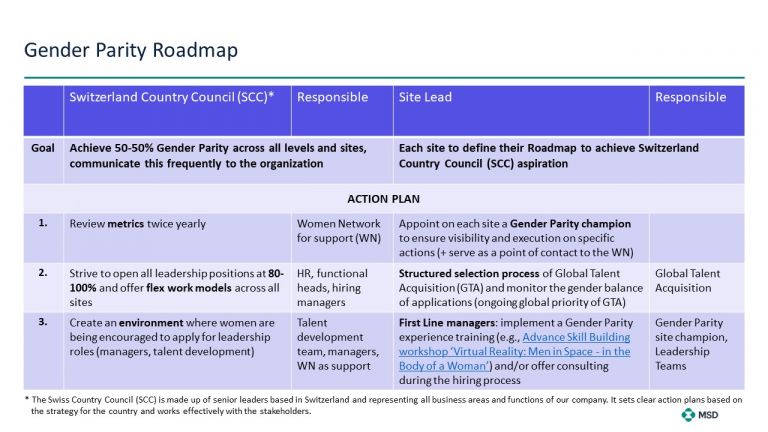
The support and enthusiasm of senior leadership has been vital throughout the journey. “Creating an environment where diverse talents can thrive is critical for us. Our employees’ physical and mental wellbeing, passion, and purpose shape our company’s purpose finding innovative and effective solutions for our patients, on top of gaining trust and respect from health care professionals”, shares Judeke Frederiks, HR Director Switzerland and Mid Europe. “This is why when we talk about Equity, every single one of us counts as Leaders, Managers and Employees. Our D&I culture and strategy continues to expand through our Employee Business Resource Groups, such as the Women’s Network, Rainbow Alliance, and Next Generation Network, or through targeted programs such as the Future Women Leaders Program”, adds Carolien van Bloemendal, Associate Vice President Supply Chain.
In addition, encouraging employees to contribute ideas and suggestions to promote gender parity has been an overwhelming success. Employee empowerment works. We have the same number of female and male colleagues taking 16 weeks of parental leave (which is more than the legal maternity and paternity leave in Switzerland) – a policy we introduced in February 2020. We also have seen a significant increase of female people managers representation within the past five years.
One of our key actions was to follow-up with our listening circle participants and share our key achievements. We offered them an insight to the Gender Parity Roadmap we developed and shared the prioritization we have made. The employees very much appreciated the transparency and open information. Our experience shows: Involving employees pays off. Everyone is on board the road to gender parity, and everyone supports the journey. And now it is time to seize the momentum and put all our plans into action. Stay tuned!
Nathalie Nowak kindly offered her availability for an exchange to interested Advance member companies. Feel free to contact her on nathalie.nowak1@msd.com.
This Best Practice was first published in the Gender Intelligence Report 2022.
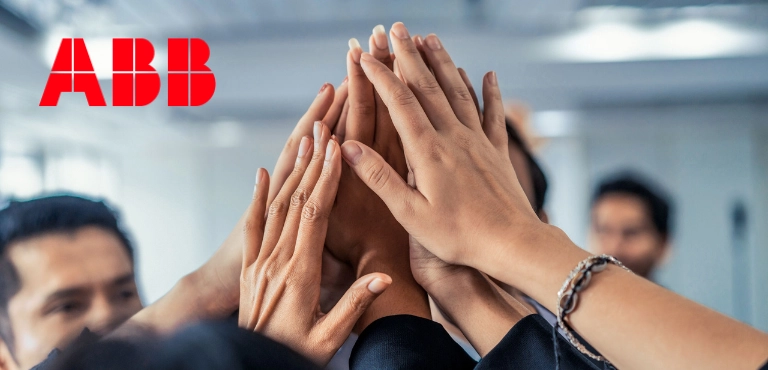
ABB Switzerland is transitioning from traditional “Disability Management” to a strength-based “Ability Management” approach in health promotion. The company aims to significantly reduce absenteeism. Related targets will be integrated into leadership performance assessments. Through initiatives like the Icebreaker campaign, which encourages open dialogue about mental health challenges, ABB has already achieved measurable improvements in psychological safety and employees’ sense of belonging.

Swiss Re launched the Career Returnees initiative in July 2024 to tap into the underutilized talent pool of professionals returning to work after career breaks, recognizing that traditional recruitment often overlooks this experienced group. The program is built on four pillars: open positions for returnees, equal pay for equal work, development opportunities and flexible work options, with explicit career returnee advertising, internal awareness and a manager support toolkit, and external outreach campaigns. Since launch, the initiative has welcomed over 62 employees across 12 countries, with 92% onboarding satisfaction and 82% upskilling satisfaction, demonstrating that career breaks occur across all genders and career stages while returnees integrate quickly and deliver effectively.
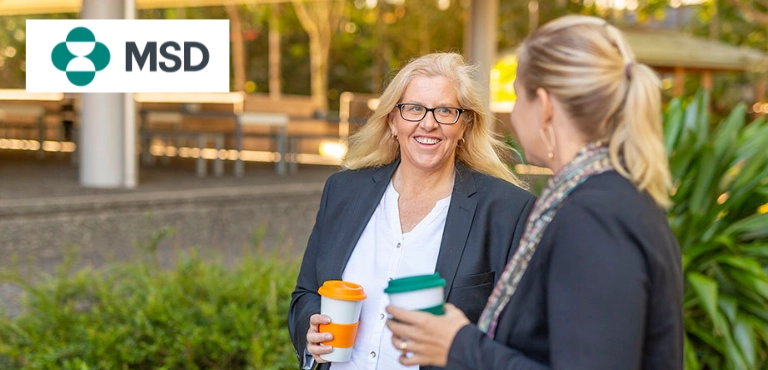
MSD Switzerland implemented a Global Job Policy in 2024 requiring all roles to be posted and introduced a structured selection processes with panel interviews to address inconsistent recruitment practices and employee concerns about unequal opportunities. The company developed competency frameworks, behavioral interview techniques, and neurodiversity-accessible assessments to counter unconscious bias and ensure fair candidate evaluation. These inclusive recruitment practices have increased diversity in hiring decisions, improved employee engagement scores, and strengthened organizational culture with better business outcomes.

dsm-firmenich launched the Mental Fitness Champions (MFC) initiative following a merger to support employee well-being during organizational transformation, training colleagues to listen to and support peers. The Global Vitality Office partnered with HSE Global to deliver a customized 7-hour peer support program based on a Canadian Armed Forces framework, training internal instructors and offering courses in six languages across 36 countries. Since launching in April 2024, the initiative has engaged 500+ colleagues in 60+ courses, with 95 certified champions in Switzerland alone, creating a peer-support network that promotes psychological safety, reduces mental health stigma, and fosters an inclusive workplace culture.
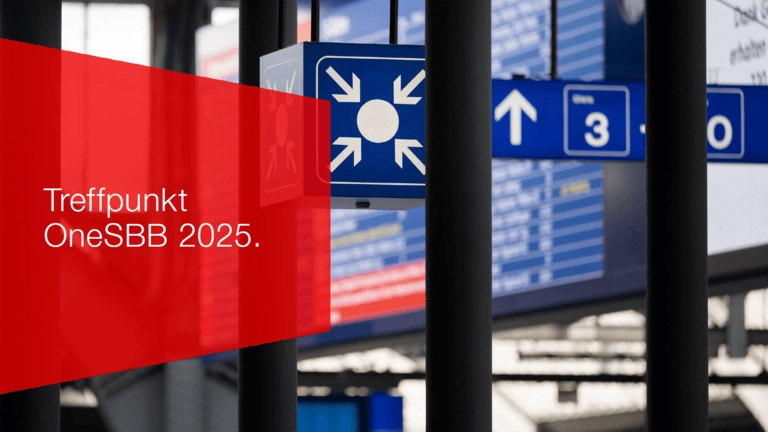
SBB established "OneSBB Meeting Points" as leadership dialogues focusing on "Value Diversity Respectfully," where around 1,000 leaders voluntarily participate in groups of 30 to discuss diversity, unconscious biases, and inclusion through peer-to-peer learning. The initiative runs from April to October 2025, featuring discussions led by top executives covering individual perspectives (bias awareness), team perspectives (case studies), and organizational benefits of diversity and inclusion. The program aims to enhance leaders' reflective abilities, foster empathy, reduce discrimination, and develop skills in conflict resolution and leading diverse teams, with outcomes evaluated through participant feedback.

Alpiq launched a leadership transformation program centered on "Secure Base Leadership" to drive cultural change in the volatile global energy market, where culture serves as a key competitive advantage. Starting with the Executive Board and cascading through the organization, the program focuses on Care, Dare, and Share philosophy, training internal ambassadors as IMD-certified coaches to foster inclusive leadership, psychological safety, and diverse perspectives. The initiative has already trained one-third of Alpiq's workforce, resulting in significant improvements including NPS scores rising from +1 in 2022 to +42 by 2024, Great Place to Work certification across all locations, and inclusivity questions ranking in the top 5 survey results.

Job sharing was introduced at Nestlé Switzerland in 2020, and after some initial challenges in factories, it was successfully implemented at Nestlé Waters Switzerland in May 2023. This initiative helped retain a valuable engineer by offering a reduced activity rate. It resulted in the company's first job-sharing arrangement in a factory setting with two engineers working at 60% capacity each. The positive outcomes have led to more job sharing pairs in factories across Switzerland, with a focus on continuous improvement and flexibility.
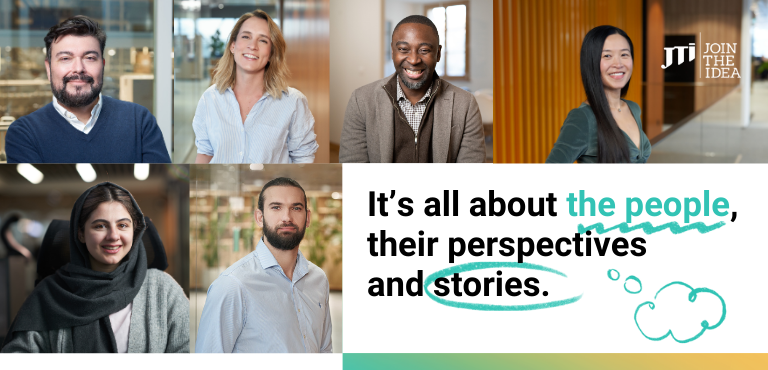
As a global organization, JTI had established several policies to support the DEI agenda and were in the process of being certified by the EY Global Equality Standard. However, they recognized the need for a more localized implementation that met the specific needs of the organization at the time. By focusing on inclusion, raising awareness around bias, and introducing initiatives like the Virtual Reality „Men in Business – In the Body of a Woman“ experience, they have started to see positive changes in conversations, employee engagement, and inclusive management across the organization.
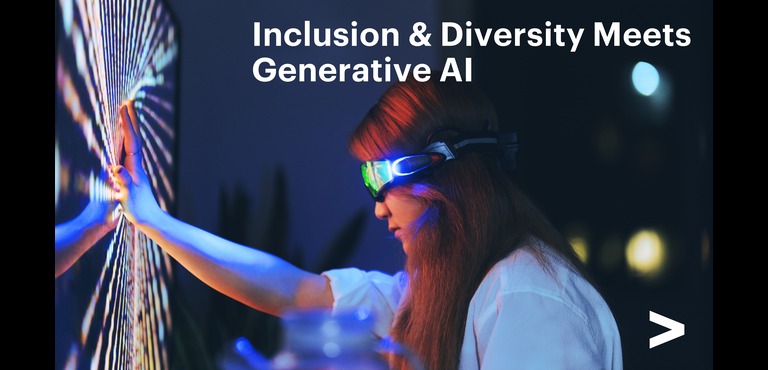
Generative AI (GenAI) is becoming increasingly integrated into our daily work, but with its use comes exposure to inherent biases. To address this, Accenture brought together experts from GenAI and inclusion to discuss these issues, focusing on promoting inclusivity through thought leadership and responsible AI frameworks. This collaborative approach aims to ensure GenAI is used responsibly and fairly, leveraging progressive governance to adapt to rapidly evolving technology.
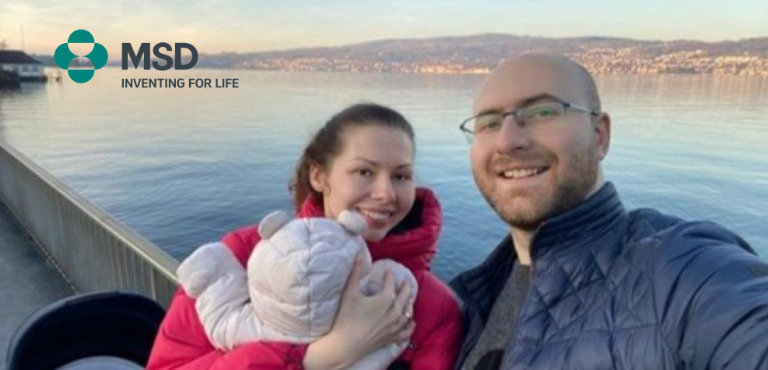
The new parental leave policy offers 16 weeks of fully paid leave to all employees regardless of gender, supporting natural, adoptive, same/opposite sex partners, and single parents. The policy has been well-received by employees, fostering equity and inclusion, supporting the transition to parenthood, and contributing to improved retention and engagement.

Unlock financial savviness with Zurich Insurance as they empower women to enhance their financial knowledge and skills. Explore the WIN Financial Awareness Program, fostering a supportive community and providing personalized services to boost financial confidence.

Experience KPMG's commitment to empowering employees through flexibility and work-life integration. Discover their diverse initiatives challenging traditional norms and supporting new parents, fostering a thriving workplace for all.